On 22 May 2017 Julia Gillard, former Prime Minister of Australia and chair of the Board of Directors of the Global Partnership for Education (GPE), delivered a speech at LSE to gather support for the cause of education and solving the learning crisis that exists around the globe.
At the start of the event, I wondered about what she would speak to us about. Everyone knows that education is important for the progress of the society, and we all need to invest in it. I assumed that the governments were equally concerned with the cause and are working to deliver the best possible quality in education. But the statistics presented at this event left us baffled by the dire reality in the field of education.
If you are reading this then you are probably among the fortunate few to receive education. Statistics show that across the world, 263 million children of primary and secondary school age are out of school, 130 million children can barely read or write even though they are attending primary school, and 75 million children aged 3 to 18 live in countries facing war and violence and are in dire need of educational support.
While there are rising problems of poverty, climate change, terrorism, violation of basic human rights and unemployment, it is appalling to note that governments’ investment in primary and secondary education has lowered in recent years.
Donor aid to basic education has dropped by 6% between 2010 and 2015, even though during the same time the total official development aid increased by 25%. UNESCO estimates that there is an annual external financing gap of US $39 billion to give quality pre-primary, primary and secondary education to all children by 2030. These statistics give us reason enough to take action.
Julia Gillard’s message is that education is an investment in economic prosperity, the empowerment of women, and a solution to many of the world’s most pressing problems.
“Education reduces poverty, improves health, increases gender equality, and boosts economic growth. Education is an investment that pays dividends for many generations” ~ Julia Gillard
Although education is a fundamental right of every citizen irrespective of which nation, religion, ethnicity or culture they belong to, many remain deprived of this right.
Thus, delivering quality education to all and supporting this cause in every way possible must be accepted as a universal fundamental duty. It is a duty of every citizen in this world to make sure that those around them get a basic quality education.
If education is given to every child, there is more chance for that child to make better decisions and get a good quality job. These decisions include the choice to take the right actions to reduce the problems that we all face around the world today.
“As Nelson Mandela said, education is the most powerful weapon you can use to change the world” ~ Julia Gillard
Nations around the world are being influenced by forces that are leading to unpredictable outcomes, such as, rising inequality within nations, reshaping of work by new technologies, digital disruption, more efficient transport technologies. This change is tinged with anxiety. The risk of terrorism, fake news that spread lies and confusion in society, the fear of jobs being lost as a result of technological advancement are all problems that go with this rapid change.
But the state of education seems stagnant and in the face of this increasing need for change arises. According to statistics presented in this event, 825 million out of 1.6 billion people who will be alive in 2030 will not be equipped to work and thrive in the 21st century.
In developing countries, one 1 out of 10 will acquire basic secondary education skills and around 2 million jobs will be lost. If these predictions are allowed to become a reality, this will create a huge injustice and violation of basic human rights, as well as posing a significant risk for humanity’s future. The World Economic Forum has cited inequality and joblessness as the top risk factor for the world, reflecting the urgency for investing more in quality education that will equip every child today to deal with the challenges of tomorrow.
“Education is an investment in peace, security and economic prosperity, and we should tell all the world leaders this.” ~ Julia Gillard
What can we take away from these lessons? We as citizens and voters must make it known to our governments that delivering good quality education is important to us. If we all support this cause, we can pave the way to a happy, stable and sustainable tomorrow.
Listen back to Education for All: meeting the challenges of the 21st century with Julia Gillard via our Podcast.
Learn more about our MSc Management of Information Systems and Digital Innovation programme


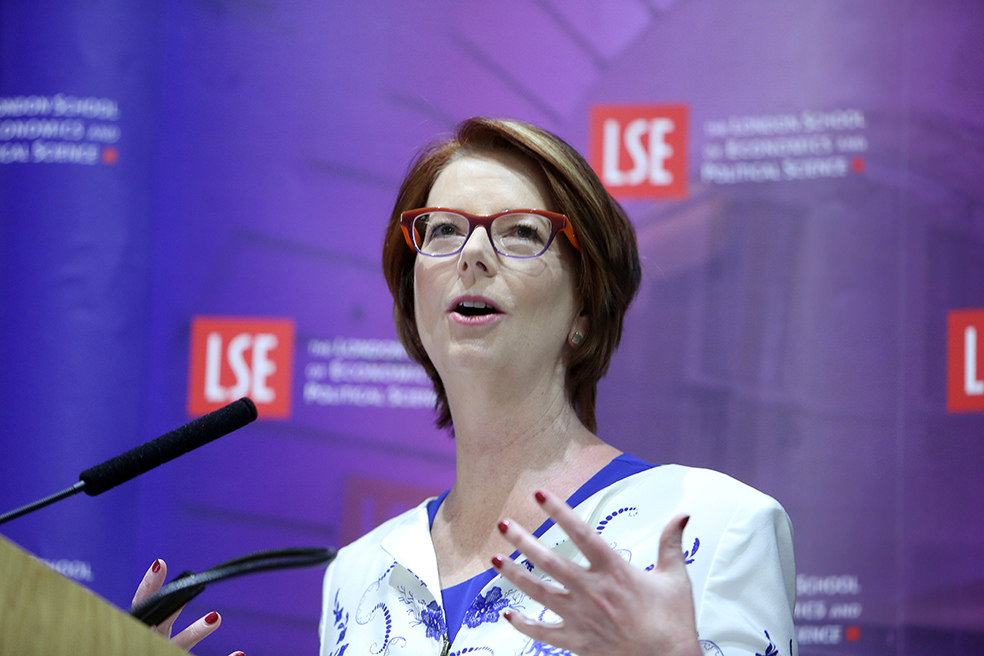
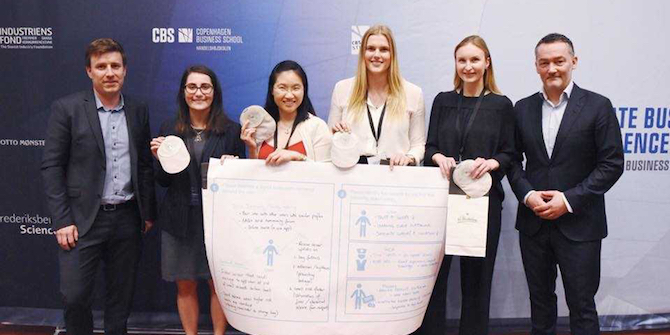
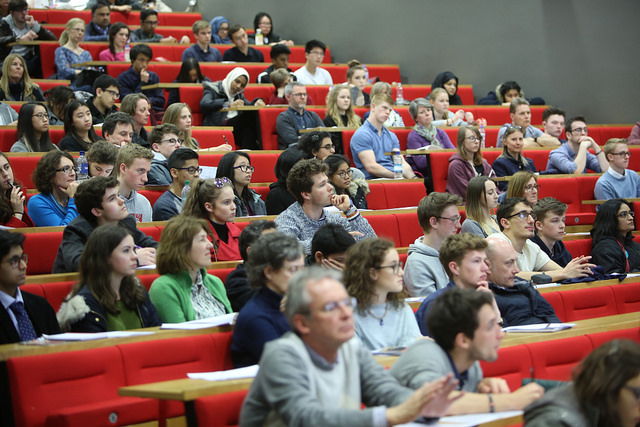
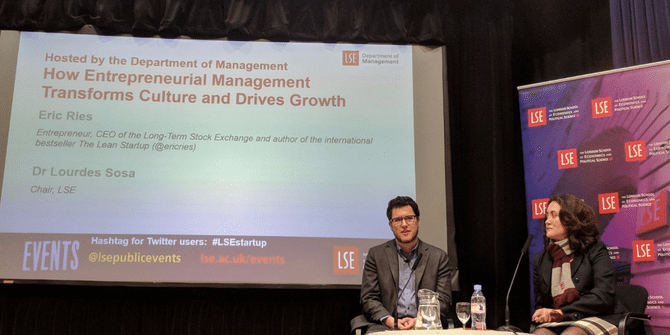
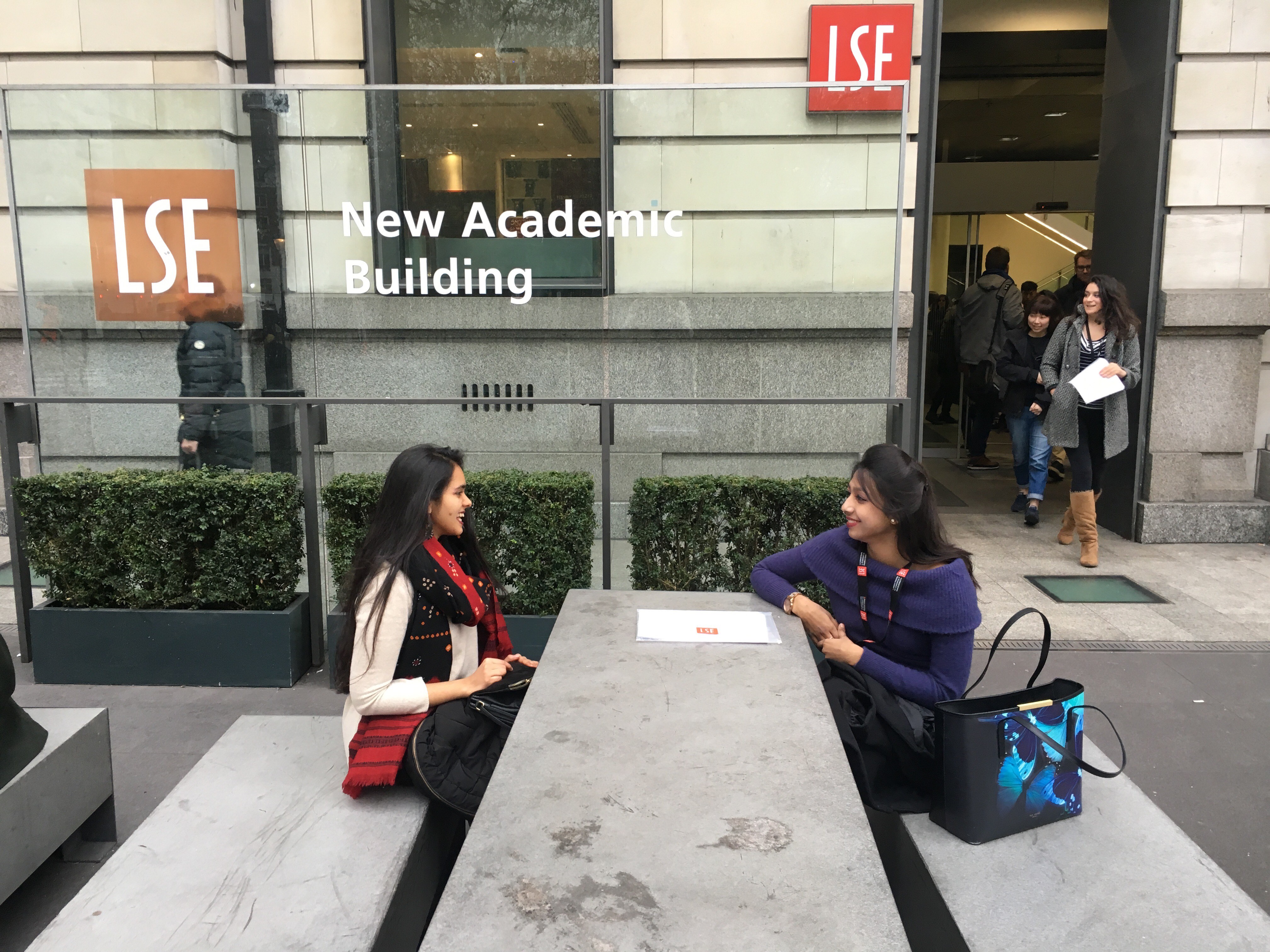
Great post ! Its a reality that Education is the key to Global prosperity , peace which also leads to gender equality which is very crucial in the world today !!
Great Article !! I found it very interesting and helpful. Even I have this recommendation,check for the link ,they know the value of value education for a child.